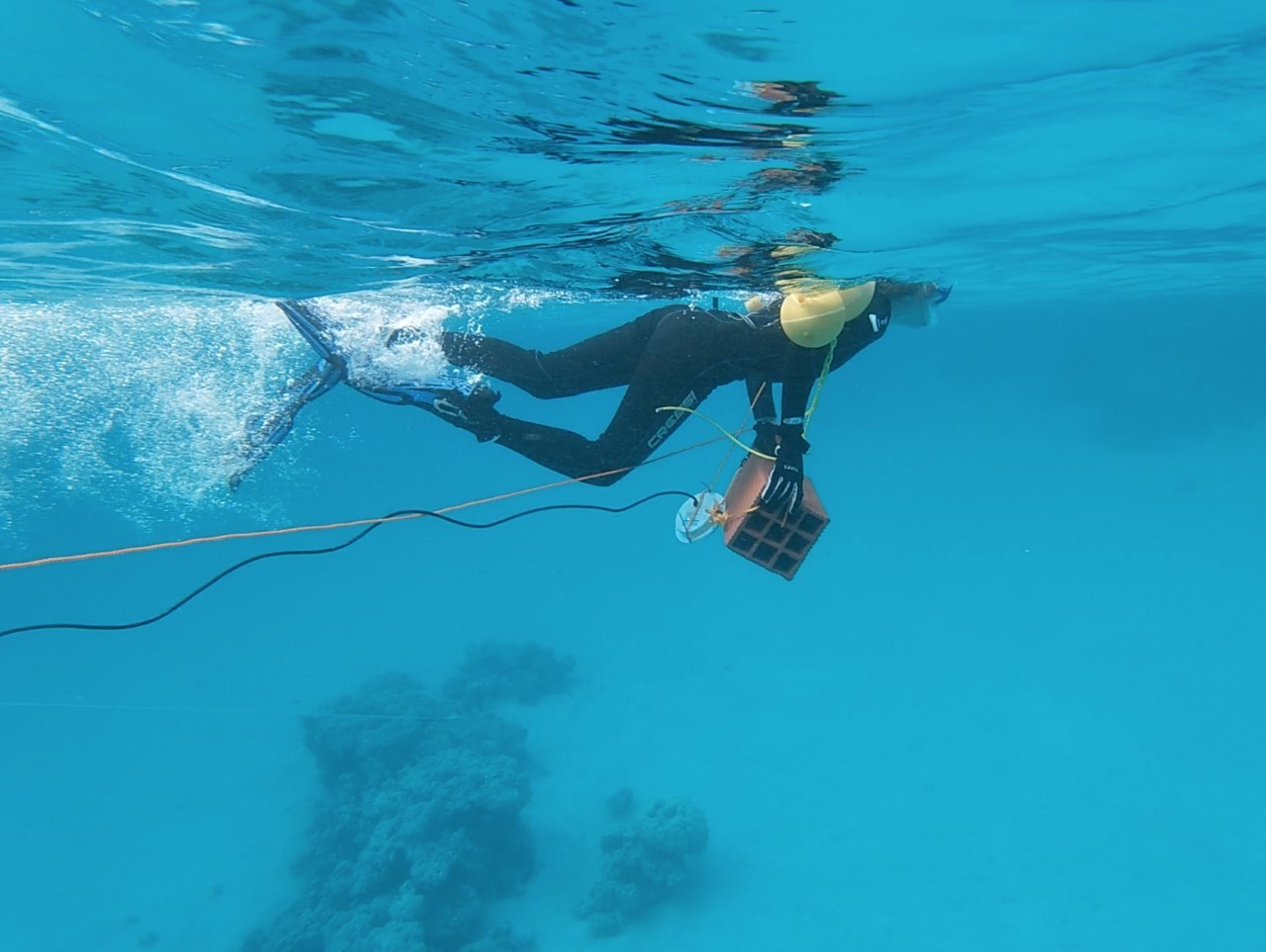Ocean An underwater 'orgy' in the midst of a pandemic: how confinement has triggered the fauna of the Mediterranean
Biodiversity Birds sing (and flirt) less because of traffic noise
The impact of noise on the ocean: an investigation led by the Spanish Carlos Duarte
Ocean dwellers can see what is happening a few dozen meters away, but many of them are able to hear what is happening hundreds of kilometers away.
Many marine species use sounds for activities as basic as communicating, feeding and reproducing.
But we are not making it easy for you.
The noise generated by human activities now reaches almost every corner of the planet, including the oceans, as confirmed by the largest research published so far on the impact of noise pollution on these ecosystems.
The authors of this international study, led by the Spanish oceanographer Carlos Duarte and published yesterday in the journal
Science
, have delved into the studies on this subject carried out in the last 40 years, when the first investigations on the acoustic interactions of animals emerged, and they have made recordings with hydrophones both in highly industrialized areas and in remote locations around the North Pole.
As Carlos Duarte explains in a telephone conversation, the study of ocean sounds is a line of research that a very small and fragmented scientific community deals with: "This is the first time that all perspectives have been grouped together to understand the impact noise and what solutions must be implemented to alleviate it ".
Because the good news, he adds, "is that the effects of noise pollution mitigation measures are felt almost immediately, unlike other human-caused environmental problems that stress and damage marine species, such as overfishing. , the destruction of their habitat, chemical or plastic pollution, or climate change. "
"Noise is a much easier problem to solve. And solving it would greatly improve the health status of marine species and their ability to respond to these other problems," says the oceanographer, who is currently researching at the University of Science and Technology. King Abdullah Technology (KAUST), in Saudi Arabia.
Where the most surprising advances have been made, he adds, is in understanding how animals perceive their environment through sounds.
"The number of animals that use them to communicate is enormous, and in recent years we are seeing that there are many more species than we thought emit them.
The most recent have been jellyfish, until a couple of years ago we did not know that They had that capacity.
Recently, bivalves were also added to that list, and last year we discovered that oxygen bubbles are generated during photosynthesis in underwater kelp forests which, when rising to the surface, emit a noise that could be compared to faint bluebells. It is the sound of underwater forests ", relates the oceanographer.
Michelle Havlik Dives in the Red Sea During a Sound Recording Expedition M.
H.
"Perhaps the most surprising thing is that
ecosystems in a good state of conservation have a characteristic sound
, like their own soundtrack that characterizes a coral or a healthy underwater meadow. This sound is essential for fish to find those habitats and to reproduce, since they release their larvae into the water and remain in the plankton for weeks. Now we know that they hear that habitat and go towards it, "he says.
The problem, he adds, is that "human activity silences these habitats. The noise prevents hearing those signals, which are becoming weaker and weaker."
"Currently
there is noise all over the world because the major source is shipping
. There are large highways that move," he says.
The noisiest areas are the European Atlantic coast, that of China, Korea and Japan, which has great fishing and industrial activity, and that of the United States, he lists.
Is there a place free of noise?
"The one with the best acoustic health is Antarctica because there is little navigation activity and there is no industrial activity. Until recently, the Arctic was also almost free of noise but no longer," he says.
The situation in our country is not favorable for marine species either:
"In Spain we have a general problem with noise that translates into a very noisy coastal environment
or also because there is a lot of activity: fishing trawling, a lot of navigation, both recreational and commercial, and until recently we had seismic surveys in the Balearic and Canary Islands, which were an important source of noise. Curiously, another disturbance is aircraft noise, as occurs in coastal airports such as Barcelona, "he explains.
Noise pollution has a generalized impact on all the inhabitants of the sea, although it especially harms species that have limited distributions such as the vaquita porpoise in Mexico, which is in a very precarious state.
Noise levels threaten the survival of some species: "They cannot move to escape noise as other species do. There is also concern about belugas in the Arctic, because they communicate a lot. Being displaced by noise they have gone to areas in which they could not breathe and deaths of specimens have been registered indirectly ".
According to the criteria of The Trust Project
Know more
Science and Health
science
Environment
Climate crisis Extreme weather takes its toll
Environment Batteries and electrical and electronic devices with lithium or nickel metal are from today hazardous waste
Covid-19 The Hespérides ship's trip to Antarctica is aborted due to the coronavirus: there are already 10 positives among the crew
See links of interest
Work calendar
Pass word
ATP Cup: Rafa Nadal - Stefanos Tsitsipas, live
Real Betis - Athletic Club
Barça - Anadolu Efes Istanbul
Valencia Basket - CSKA Moscow

